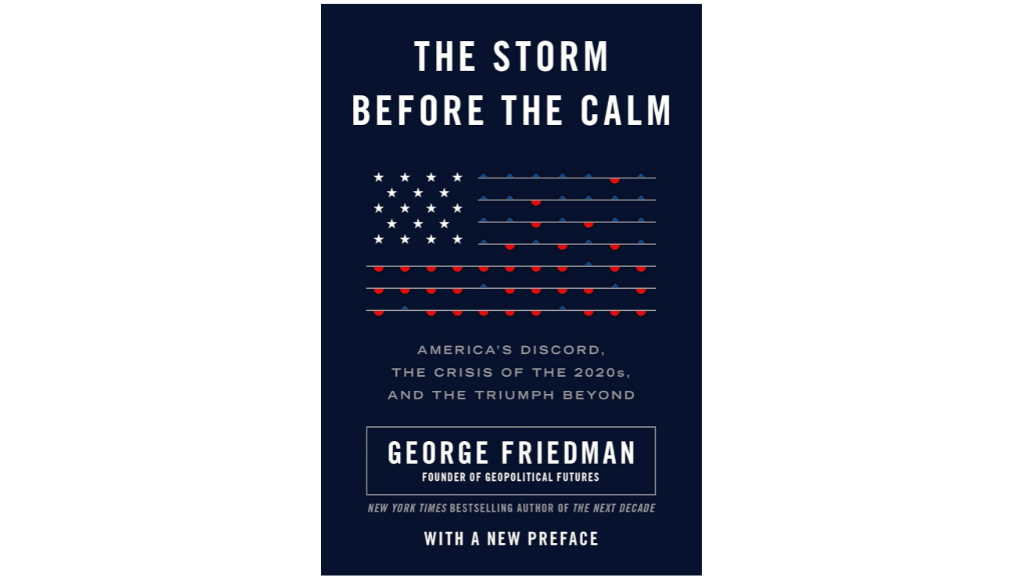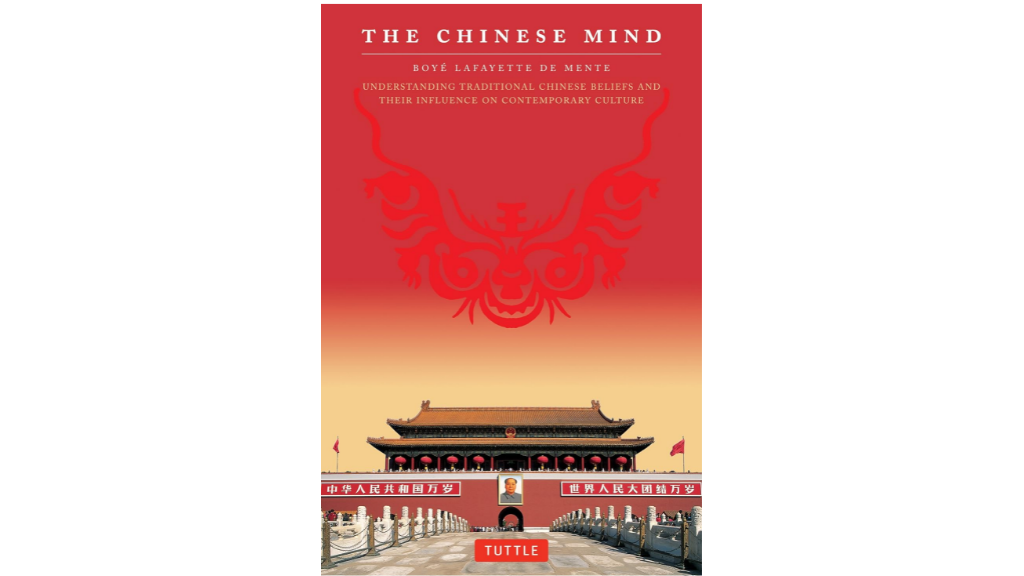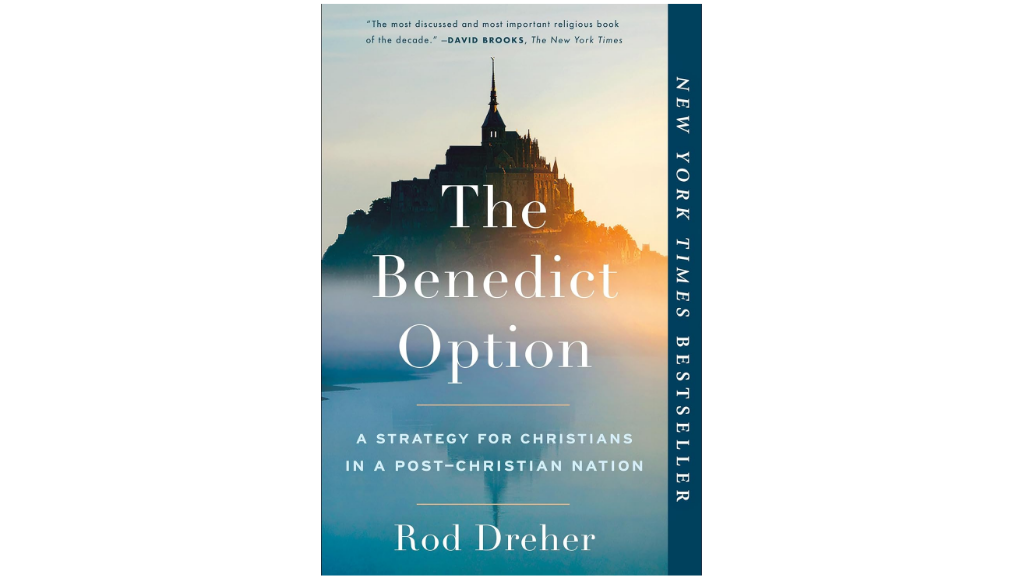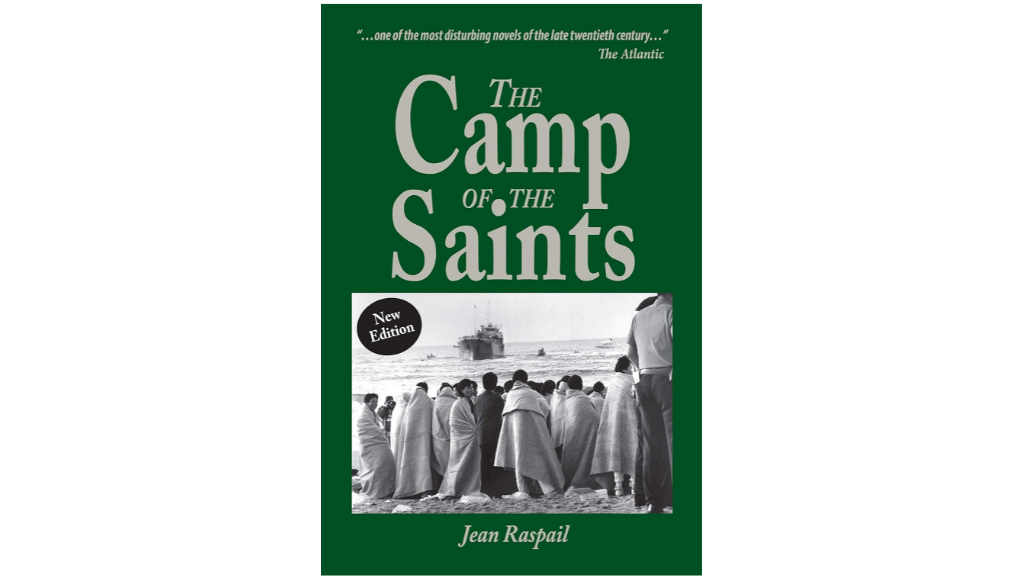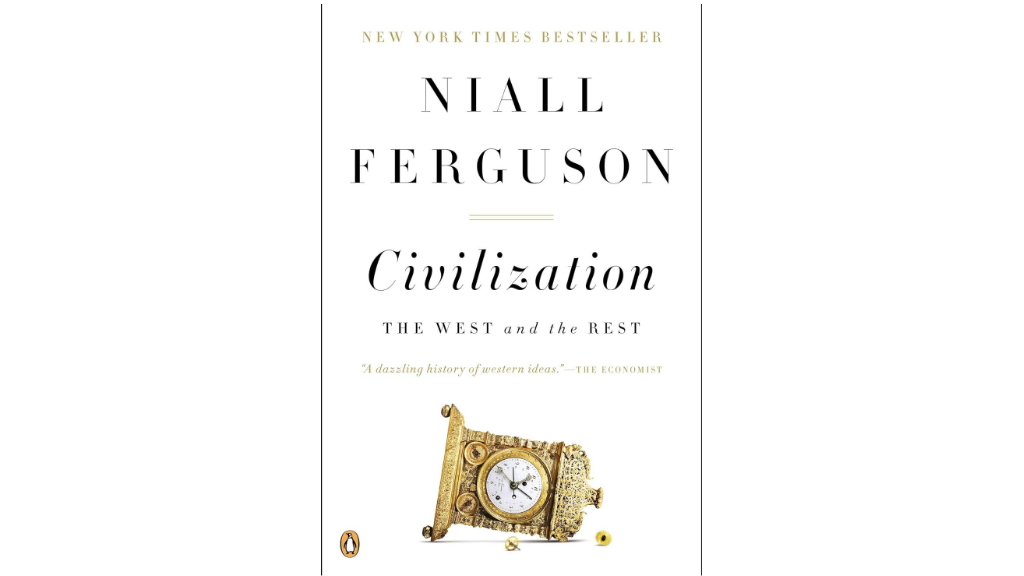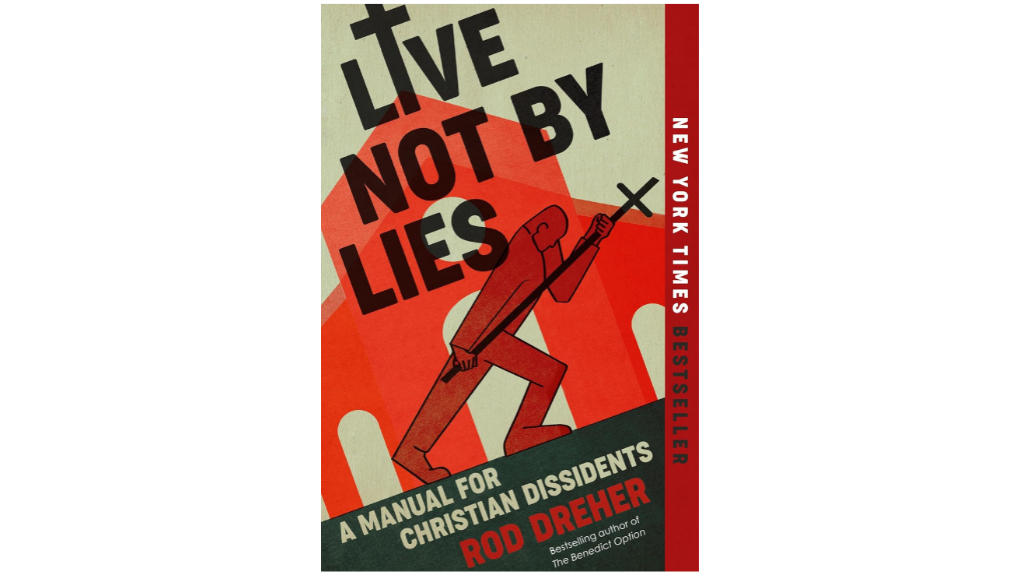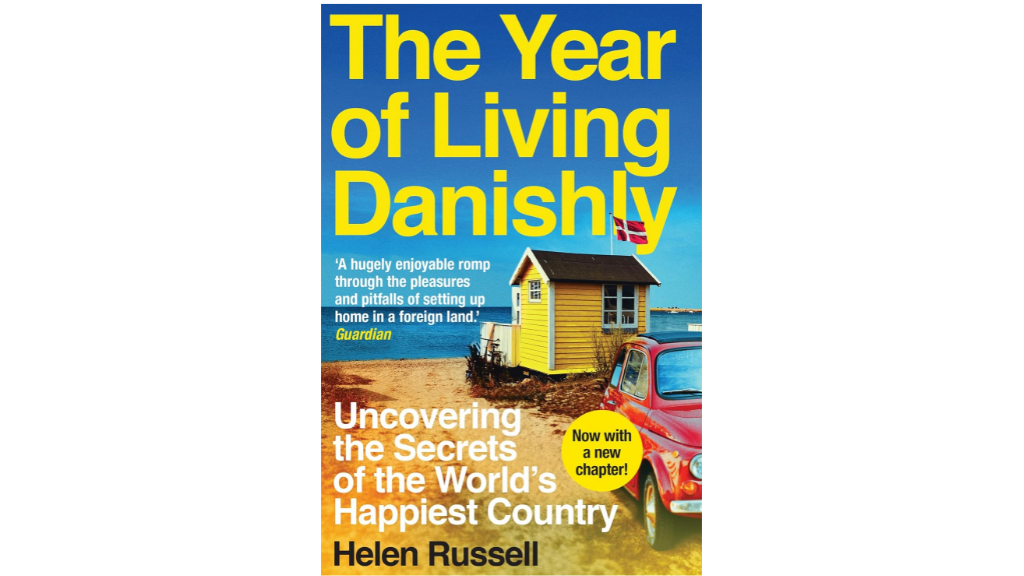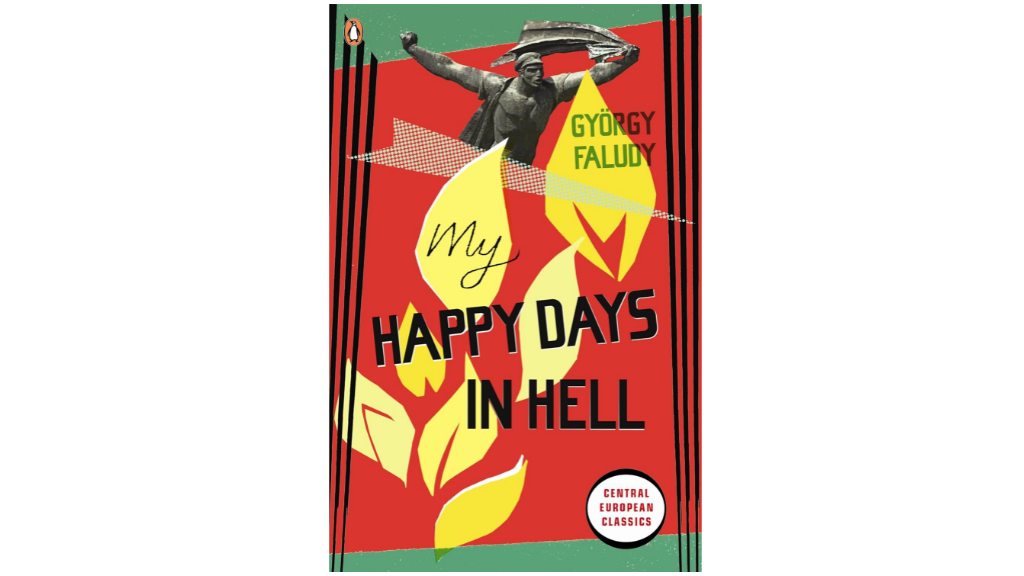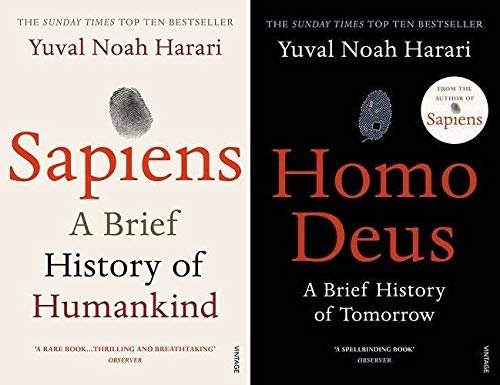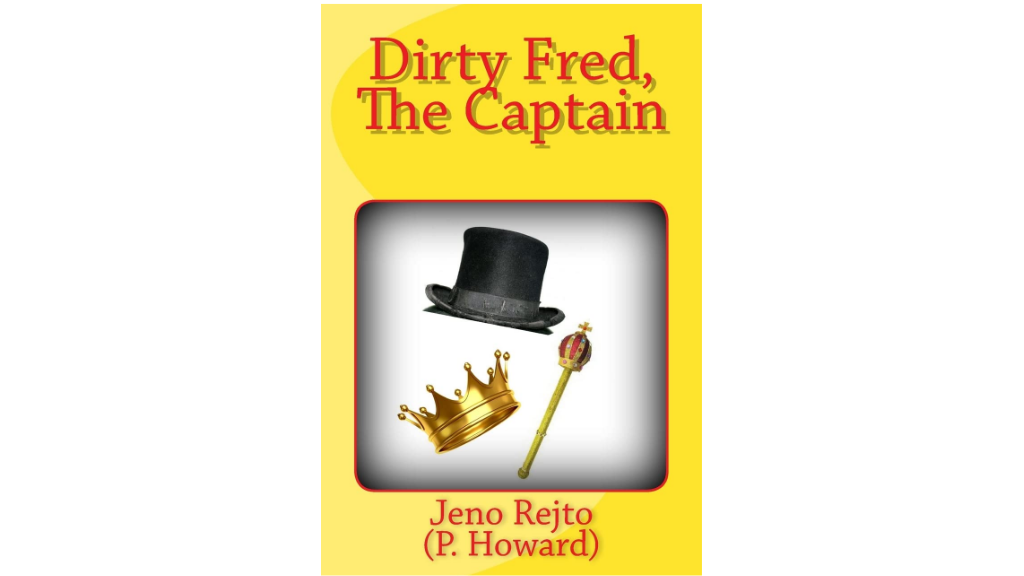Viktor Orbán’s Reading List – Insights from the Bookshelf of the Hungarian Prime Minister
“We must read every day. I know it sounds strange, I’m not a scientist, but the fact is that books are the best way to understand and communicate complex things. And the world is getting more and more complicated, so you have to take the time to understand it. For example, I myself set aside a day every week just for reading.” – Viktor Orbán, CPAC Conference in Hungary, Budapest, May 2022
* The source where and when Mr. Orbán recommended the given book can be found under the image of the book.
** The list below contains only books that are available in English.
|
10 |
George Friedman: The Storm Before the Calm |
Originally published in France in 1973 and in English translation in 1975 by the distinguished American publisher Charles Scribner Sons, The Camp of the Saints has been described as the 1984 of the late twentieth century. The novel envisions the overrunning of European civilization by burgeoning Third World populations.
- Where or when Viktor Orbán recommended this book
- More about the author George Friedman
- More about the book The Storm Before the Calm
|
9 |
Boye Lafayette De Mente: The Chinese Mind |
The Chinese Mind pinpoints traditional Chinese values and behaviors that continue to play a significant role in their business and social relationships. Long-term expatriate and journalist Boye Lafayette De Mente also identifies key areas of Chinese culture that have changed as a result of the adoption of a market-based economy and other elements of Western culture. It includes discussion topics and questions, along with an extensive selection of Chinese “code words” that explain the essence and role of certain elements of traditional culture that have survived into modern times. Covering everything from the importance of the great Chinese philosopher Confucius to the influence of foreign fast food and video games, this book provides a wide-ranging glimpse into the Chinese mind.
- Where or when Viktor Orbán recommended this book
- More about the author Boyé Lafayette De Mente
- More about the book The Chinese Mind
|
8 |
Rod Dreher: The Benedict Option |
Today, a new form of barbarism reigns. Many believers are blind to it, and their churches are too weak to resist. Politics offers little help in this spiritual crisis. What is needed is the Benedict Option, a strategy that draws on the authority of Scripture and the wisdom of the ancient church. The goal: to embrace exile from mainstream culture and construct a resilient counterculture.
The Benedict Option is both manifesto and rallying cry for Christians who, if they are not to be conquered, must learn how to fight on culture war battlefields like none the West has seen for fifteen hundred years. It’s for all mere Christians—Protestant, Catholic, Orthodox—who can read the signs of the times. Neither false optimism nor fatalistic despair will do. Only faith, hope, and love, embodied in a renewed church, can sustain believers in the dark age that has overtaken us. These are the days for building strong arks for the long journey across a sea of night.
- Where or when Viktor Orbán recommended this book
- More about the author Rod Dreher
- More about the book The Benedict Option
|
7 |
Jean Raspail: The Camp of the Saints |
Originally published in France in 1973 and in English translation in 1975 by the distinguished American publisher Charles Scribner Sons, The Camp of the Saints has been described as the 1984 of the late twentieth century. The novel envisions the overrunning of European civilization by burgeoning Third World populations.
- Where or when Viktor Orbán recommended this book
- More about the author Jean Raspail
- More about the book The Camp of the Saints
|
6 |
Niall Ferguson: Civilization – The West and the Rest |
Western civilization’s rise to global dominance is the single most important historical phenomenon of the past five centuries.
How did the West overtake its Eastern rivals? And has the zenith of Western power now passed? Acclaimed historian Niall Ferguson argues that beginning in the fifteenth century, the West developed six powerful new concepts, or “killer applications”—competition, science, the rule of law, modern medicine, consumerism, and the work ethic—that the Rest lacked, allowing it to surge past all other competitors.
Yet now, Ferguson shows how the Rest have downloaded the killer apps the West once monopolized, while the West has literally lost faith in itself. Chronicling the rise and fall of empires alongside clashes (and fusions) of civilizations, Civilization: The West and the Rest recasts world history with force and wit. Boldly argued and teeming with memorable characters, this is Ferguson at his very best.
- Where or when Viktor Orbán recommended this book
- More about the author Niall Ferguson
- More about the book Civilization: The West and the Rest
|
5 |
T. S. Eliot: The Idea of a Christian Society |
Originally delivered in 1939 at Corpus Christi College, these three lectures by the renowned poet and playwright T. S. Eliot address the direction of religious thought toward criticism of political and economic systems. With sincerity and intellectual rigor, the Nobel Prize winner asks whether—and how—it is possible for Christianity to coexist with Western democracy and capitalism.
- Where or when Viktor Orbán recommended this book
- More about the author T. S. Eliot
- More about the book The Idea of a Christian Society
|
4 |
Rod Dreher: Live Not by Lies |
For years, émigrés from the former Soviet bloc have been telling Rod Dreher they see telltale signs of “soft” totalitarianism cropping up in America–something more Brave New World than Nineteen Eighty-Four. Identity politics are beginning to encroach on every aspect of life. Civil liberties are increasingly seen as a threat to “safety”. Progressives marginalize conservative, traditional Christians, and other dissenters. Technology and consumerism hasten the possibility of a corporate surveillance state. And the pandemic, having put millions out of work, leaves our country especially vulnerable to demagogic manipulation.
In Live Not By Lies, Dreher amplifies the alarm sounded by the brave men and women who fought totalitarianism. He explains how the totalitarianism facing us today is based less on overt violence and more on psychological manipulation. He tells the stories of modern-day dissidents–clergy, laity, martyrs, and confessors from the Soviet Union and the captive nations of Europe–who offer practical advice for how to identify and resist totalitarianism in our time.
Aleksandr Solzhenitsyn famously said that one of the biggest mistakes people make is assuming totalitarianism can’t happen in their country. Many American Christians are making that mistake today, sleepwalking through the erosion of our freedoms. Live Not By Lies will wake them and equip them for the long resistance.
- Where or when Viktor Orbán recommended this book
- More about the author Rod Dreher
- More about the book Live Not by Lies
|
3 |
Helen Russell: The Year of Living Danishly |
When she was suddenly given the opportunity of a new life in rural Jutland, journalist and archetypal Londoner Helen Russell discovered a startling statistic: the happiest place on earth isn’t Disneyland, but Denmark, a land often thought of by foreigners as consisting entirely of long dark winters, cured herring, Lego and pastries.
What is the secret to their success? Are happy Danes born, or made? Helen decides there is only one way to find out: she will give herself a year, trying to uncover the formula for Danish happiness.
From childcare, education, food and interior design to SAD, taxes, sexism and an unfortunate predilection for burning witches, The Year of Living Danishly is a funny, poignant record of a journey that shows us where the Danes get it right, where they get it wrong, and how we might just benefit from living a little more Danishly ourselves.
- Where or when Viktor Orbán recommended this book
- More about the author Helen Russell
- More about the book The Year of Living Danishly
|
2 |
György Faludy: My Happy Days in Hell |
My Happy Days in Hell (1962) is Gyorgy Faludy’s grimly beautiful autobiography of his battle to survive tyranny and oppression. Fleeing Hungary in 1938 as the German army approaches, acclaimed poet Faludy journeys to Paris, where he finds a lover but merely a cursory asylum. When the French capitulate to the Nazis, Faludy travels to North Africa, then on to America, where he volunteers for military service. Missing his homeland and determined to do the right thing, he returns – only to be imprisoned, tortured, and slowly starved, eventually becoming one of only twenty-one survivors of his camp.
- Where or when Viktor Orbán recommended this book
- More about the author György Faludy
- More about the book My Happy Days in Hell
|
1 |
Yuval Noah Harari: Sapiens: A Brief History of Humankind & Homo Deus: A Brief History of Tomorrow |
One hundred thousand years ago, at least six different species of humans inhabited Earth. Yet today there is only one—homo sapiens. What happened to the others? And what may happen to us?
Most books about the history of humanity pursue either a historical or a biological approach, but Dr. Yuval Noah Harari breaks the mold with this highly original book that begins about 70,000 years ago with the appearance of modern cognition. From examining the role evolving humans have played in the global ecosystem to charting the rise of empires, Sapiens integrates history and science to reconsider accepted narratives, connect past developments with contemporary concerns, and examine specific events within the context of larger ideas.
Dr. Harari also compels us to look ahead, because over the last few decades humans have begun to bend laws of natural selection that have governed life for the past four billion years. We are acquiring the ability to design not only the world around us, but also ourselves. Where is this leading us, and what do we want to become?
- Where or when Viktor Orbán recommended this book
- More about the author Yuval Noah Harari
- More about the book Sapiens and Homo Deus
|
Bonus1 |
Jeno Rejto (P. Howard): Dirty Fred, The Captain |
Dirty Fred, the lost battleship’s infamous captain, shows a different side in this novel: the side of a soft hearted father, who does everything he can to help his son, into the royal seat. We also meet Smiley Jimmy, who, although an old adversary of Dirty Fred’s, this time as a writer and as a substitute successor prince, plays into the hands of Dirty Fred, although he is only looking for his favourite shell-handled knife, which he always leaves in someone by accident.
- Where or when Viktor Orbán recommended this book
- More about the author Jeno Rejto (P. Howard)
- More about the book Dirty Fred, The Captain
|
Bonus2 |
Ian Douglas: Is Technology Making Us Sick? |
In Is Technology Making Us Sick?, expert Ian Douglas traces the development of human interaction with technology over the last thirty years. His in-depth analysis dissects the key issues, including the consequences of social media and gaming on self-esteem, brain development, anxiety levels, loneliness, depression, and personal relationships; and the impact on our stress levels of always being plugged into the internet. Ultimately, Is Technology Making Us Sick? offers strategies to combat habit-forming products and presents ways to take advantage of revolutionary technology without falling victim to its negative impacts.
- Where or when Viktor Orbán recommended this book
- More about the author Ian Douglas
- More about the book Is Technology Making Us Sick?
Cover image: Viktor Orbán / Facebook



